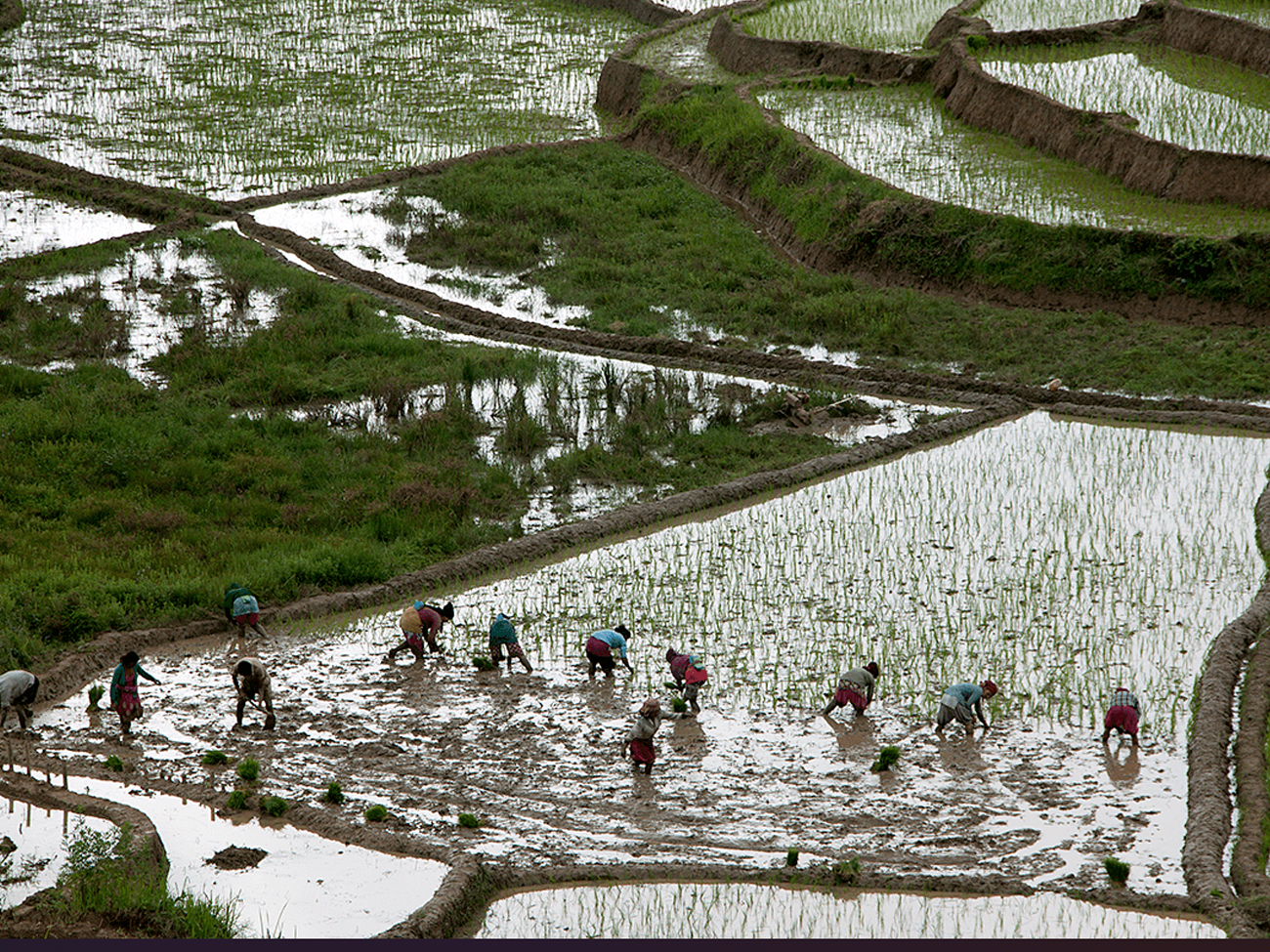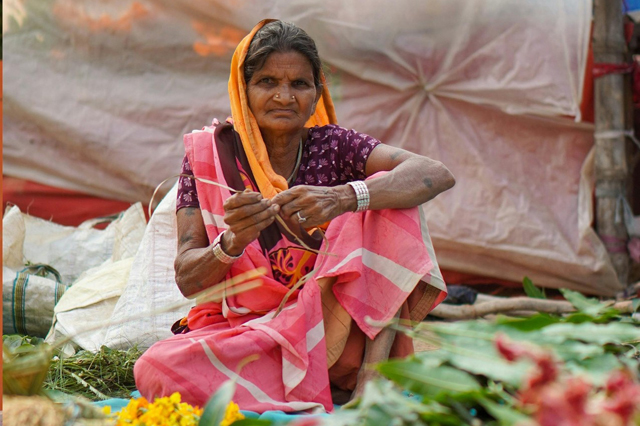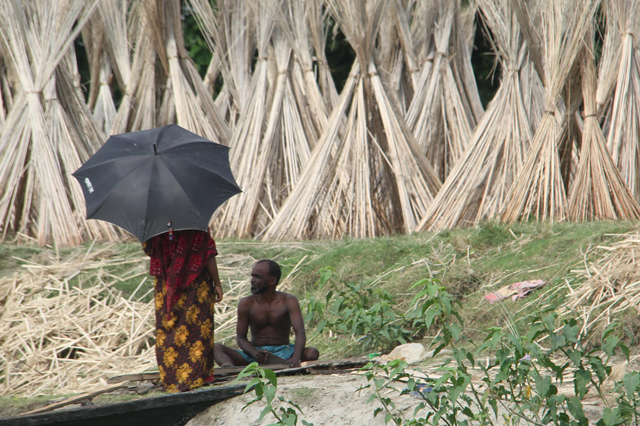blogs

Training of Trainers (ToT) Program on Climate-Smart Agriculture: A Strategic Initiative for Capacity Building and Knowledge Dissemination
Photo: pexels.com ADPC organized a Training of Trainers (ToT) program on Climate Smart Agriculture for Extension Officials in Madhesh Province, Nepal, under the Climate Adaptation and Resilience (CARE) for South Asia project. The training was conducted from 29 July to 2 August 2024 at Bardibas, Mahottari district of Nepal. The "Climate Adaptation and Resilience (CARE) [...] Read More
Towards a Sustainable Delta: Need for a Climate-inclusive M&E Framework in Bangladesh
Photo: pexels.com Deltas are birthplaces of human civilization and are highly susceptible to climate change impacts like rising sea levels and changes in river flow. They are also affected by human-induced impacts related to land use within their catchment area. The Ganges-Brahmaputra-Meghna Delta, for example, is the world's largest and most dynamic delta and home [...] Read More
Social and Gender Inclusivity in Climate Finance
Photo: pexels.com Of the 17 Sustainable Development Goals (SDGs), at least 11 require specific indicators related to social and gender dynamics. The slow progress in achieving SDGs has been due to global political and economic instability, COVID-19 impact, and inadequate financing for implementing climate actions aimed at helping vulnerable nations and communities adapt and build [...] Read More
Deforestation Exacerbates Climate Change in Manipur in India
Image credit: Unsplash Climate Change in Manipur in India Manipur, nestled in the northeastern corner of India, shares borders with Myanmar and the Indian states of Nagaland, Mizoram, and Assam. A distinctive feature of Manipur is the coexistence of multicultural ethnic communities, each with its customary laws, cultures, religions, and identities, symbolizing “unity in diversity.” [...] Read More
Climate-Resilient Rural Roads in Bangladesh- Features and Benefits
Photo Credit- ADPC Transport Team, Bangladesh, 2022 Climate change has widespread, disproportionate, and unpredictable impacts on Bangladesh's remote, vulnerable, and high-risk regions. The rural inhabitants are more at risk due to socio-economic challenges and extreme weather events. The rural communities are deeply intertwined with the natural environment and reliant on traditional livelihoods. The recurrent impacts [...] Read More
